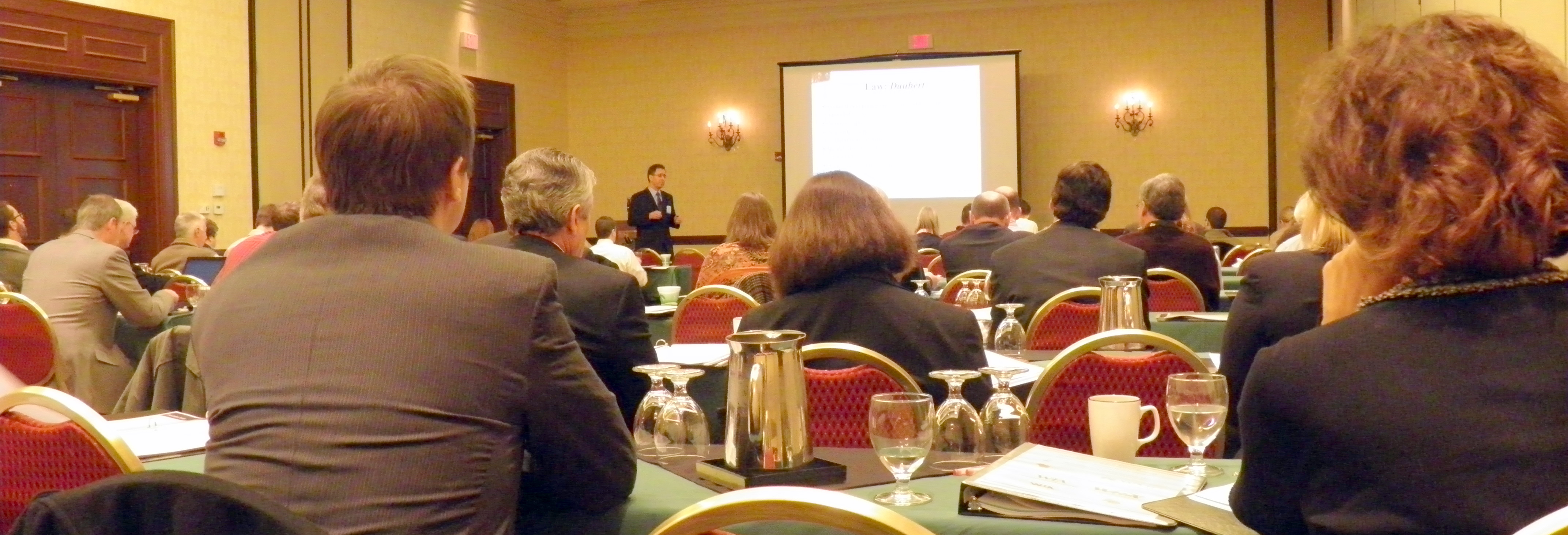On February 21, 2012 the Wisconsin Assembly passed SB 202, which repeals punitive and compensatory damages under the Wisconsin Fair Employment Act. The bill is a significant victory for the Wisconsin Civil Justice Council and the entire business community.
By repealing punitive and compensatory damages and removing an incentive for plaintiff attorneys to sue so-called deep pockets, Wisconsin businesses will face fewer meritless lawsuits.
Moreover, businesses will see smaller damages claims now that the threat of being hit with punitive damages is removed. Businesses have reported that plaintiff attorneys seeking higher damages claims in employment discrimination cases use the threat of punitive damages as a hammer. This in turn has forced businesses to enter into settlements for higher amounts instead of risking going to trial and facing the possibility of paying huge damage awards, even if no discrimination actually occurred.
The bill leaves in place existing protections for employees who allege workplace discrimination, including back pay for up to two years, reinstatement, and reimbursing the employee for his or her plaintiff’s fees and court costs. Employees can still seek punitive and compensatory damages under federal law.
SB 202 was supported by the Wisconsin Civil Justice Council and the major business associations. The bill repeals 2009 Wisconsin Act 20, which was enacted last session and signed into law by then Gov. Jim Doyle. The business community vigorously opposed the legislation in 2009 and made passage of SB 202 a top priority for the 2011-12 legislative session.
For more information about SB 202, please visit the WCJC’s website.


